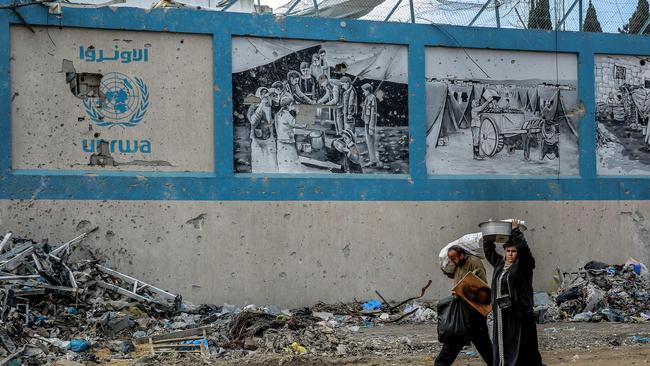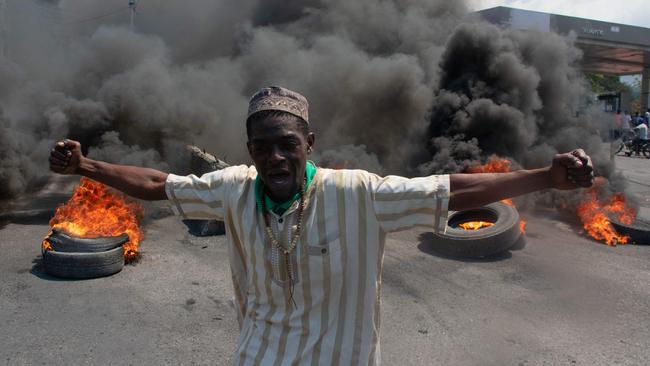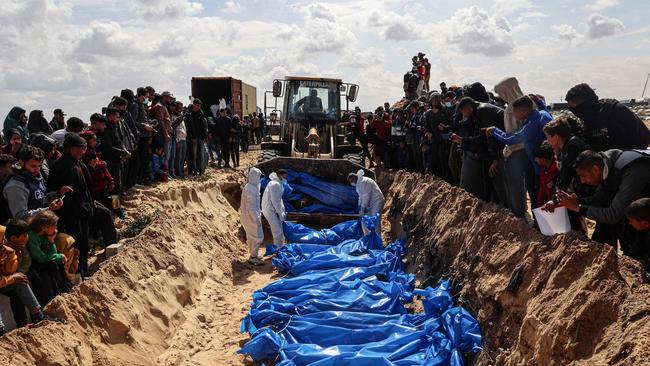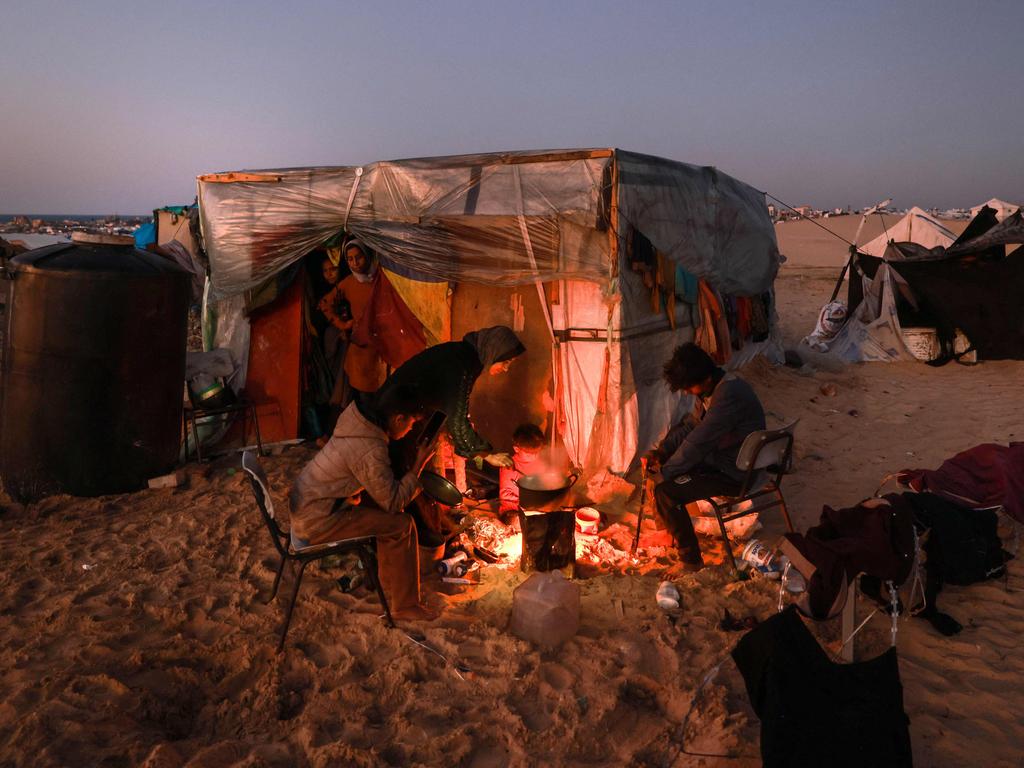
It seems worth drawing some parallels and lessons from a comparison of the two cases. According to Beth Bechdol, deputy director-general of the UN’s Food and Agriculture Organisation and Cindy McCain, head of the UN’s World Food Program, some 1.1 million people in Gaza are facing famine and possible starvation between now and May due to the war.
Bechdol stated “this is the highest number of people ever recorded as facing catastrophic hunger”. We’ll come back to that claim.
Meanwhile, in Haiti, which shares the island of Hispaniola with the Dominican Republic, Jean-Martin Bauer, Haiti director for the WFP (note well), says 4.35 million people are facing extreme hunger, including 1.4 million on the brink of starvation. Perhaps he and Cindy McCain need to compare notes.
McCain might also cast her mind back over a bit of history. There have been terrible famines in the past century that killed millions, mostly caused by autocratic regimes, such as in Stalin’s USSR, Mao’s China or Mengistu’s Ethiopia, or by war conditions, such as in India, China and Vietnam during the Second World War.
But there are two points that cry out to be made about Gaza and Haiti. The first is that Gaza’s problem is rooted in the fact that Hamas, which ostensibly governs it, has ignored and openly disclaimed responsibility for the welfare of its more than two million inhabitants, having brutally and recklessly provoking Israel to war. Haiti’s problem is a long history of poor governance leading to the collapse of order and public safety.
Whereas the impending famine in Gaza is mostly blamed on the Israeli military intervention, it is arguable that only foreign military intervention in Haiti will be able to quell the criminal gangs and make responsible governance possible again.
From which, drawing on the comparison, it might be argued that the only way to avoid famine in Gaza is to encourage Israel to finish the job of uprooting Hamas and then working with responsible parties (certainly not including the UNRWA) to rebuild Gaza and introduce responsible governance.

Haiti, like Gaza, has suffered for years from bad governance. Let’s get this in further perspective. With just 28,000 square kilometres of territory, it covers about three-eighths of the Caribbean island of Hispaniola. The other five-eighths constitute the Dominican Republic. Each country has about 11.4 million inhabitants.
The first was a French colony until two hundred years ago, the second a Spanish colony. Both have had turbulent histories. But whereas the Dominican Republic has found its way to stable and democratic government and now has the fastest-growing economy in the western hemisphere (at 7 per cent per annum), Haiti has spiralled into collapse and is a failed state. Yet they share the same island. What is to blame? Not geography, not colonialism, not American imperialism, certainly not capitalism. No, the key difference consists in political and economic choices by the elites and other interest groups in each country.
Now consider Gaza. Just as the West Bank was part of the kingdom of Jordan until the Six Day War of 1967, Gaza was part of Nasser’s Egypt. Israel took it over in 1967 and governed it until a unilateral withdrawal in August-September 2005, which included the dismantling of Israeli settlements in the territory. Since then, Gaza has been very badly governed. The current war and brimming famine are the consequences.
It could have been, it should have been, it can be different. The Dominican Republic, despite its history of colonialism, slavery, civil war, dictatorship and poverty, now has the largest economy (according to the US State Department and the World Bank) in the Caribbean and Central America, and the seventh-largest in Latin America. Gaza could be a thriving entrepot. Only not under Hamas or any other body the purpose of which is the destruction of Israel.

Haiti, sitting on the same island as the Dominican Republic, is the control case. For it to even have the opportunity to rebalance, reform, recover and thrive, military intervention is almost certainly necessary and the destruction and disarming of the criminal gangs – much as King Hussein crushed and expelled from Jordan the Palestinian militants and their hangers-on in 1970, killing some 25,000 of them in the process – to preserve the integrity of his kingdom.
Institutions matter. As Jeffery Paige pointed out in a brilliant study of the differing political cultures of the little states of Central America, Coffee and Power: Revolution and the Rise of Democracy in Central America (1998), grievance and historical determinism are bunk. Choices matter. They matter politically, economically and socially. And sometimes they can be harsh choices. The crushing of criminal gangs in El Salvador recently is a case in point.
It won’t do in either Gaza or Haiti right now to spare the criminal gangs out of a misguided sense that they have reason or justice on their side, or to appease them in order to get food to civilians caught in the crossfire. There has to be a choice of futures in both cases and that choice has to be taken out of the hands of the criminal gangs.
But who will back such an agenda, in either case? That remains unclear. Israel is under relentless pressure because it is attempting, at long last, to clear out Hamas (and Islamic Jihad). Haiti is such a mess that no one would want to tangle themselves up in occupying it. Least of all the government and people of the Dominican Republic, who have their act together and are prosperous. The US? Imagine the uproar internationally and the divisions in congress. The UN? Don’t make me laugh.
Paul Monk is the author of Thunder From the Silent Zone: Rethinking China (2023) and Dictators and Dangerous Ideas (2018).








Gaza, we are informed, is on the brink of famine, because of the dislocations and privations caused by a war that its own “government” provoked. Haiti, meanwhile, is on the brink of famine due to an insurrection against its government by armed criminal gangs that has reduced the half-island state to anarchy.